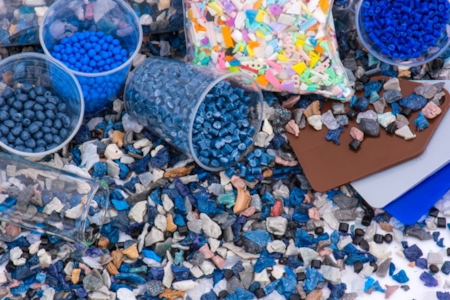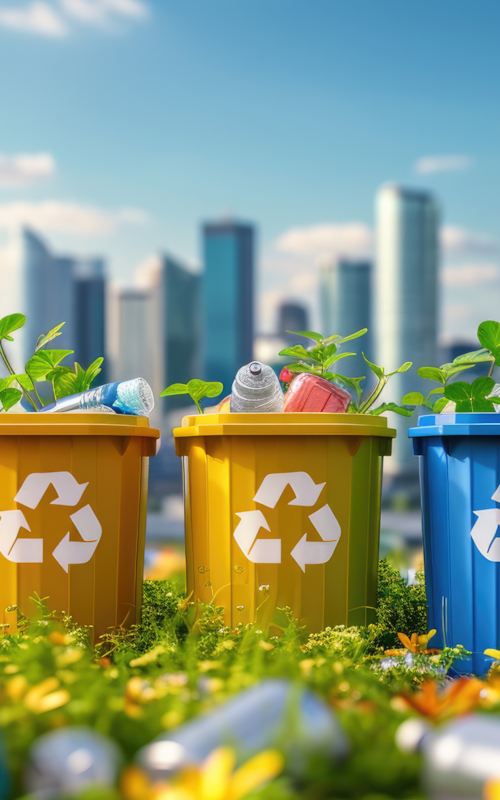回收商
回收价值链中,回收商是重要的一环。他们从各种来源收集可回收材料,比如城市垃圾以及商业或工业废弃物。他们收集这些废弃物,进行分类,然后将其引入回收流程。他们确保有价值的材料不会被填埋或焚烧,而是被送往回收设施。


回收价值链中,回收商是重要的一环。他们从各种来源收集可回收材料,比如城市垃圾以及商业或工业废弃物。他们收集这些废弃物,进行分类,然后将其引入回收流程。他们确保有价值的材料不会被填埋或焚烧,而是被送往回收设施。

再生商将分类后的垃圾转化为可用的原材料。例如,对于塑料,他们会将其分解成更小的成分,称为薄片。这可能涉及机械回收(粉碎和清洗)或化学回收(热化学分解)。再生商的产出通常被称为“再生塑料”,比如薄片,或者在挤出的情况下,会得到颗粒状的材料而非小球状的。

转化商在回收商和终端产品制造商之间架起了桥梁。他们利用再生商提供的再生材料(如颗粒)将其加工成最终产品。这一环节包括将产品塑造成各种物品,比如汽车零部件、家具、花盆、窗框、玩具、包装材料、食品、化妆品、建筑物等等。

贸易商在全球市场中促进回收材料的流通。他们确保回收材料或废料终结材料能找到合适的买家。他们还可以充当再生商、转化商和制造商之间的中间人。

终端用户就是消费者。对于消费者而言,在购物时了解产品的产地十分重要,这样他们才能做出明智的选择。一个可靠且透明的质量标识能引导消费者在超市、园艺中心、家居装修店等场所购买产品时做出最可持续的选择。

Kiwa 拥有专注于生物经济与循环经济领域的认证方案。例如,ISCC 致力于对各类生物质、废弃物及残余物、非生物性可再生资源以及回收碳材料进行认证。该体系适用于食品、饲料、化学品、塑料、包装、纺织品,以及通过可再生能源工艺生产的可再生原材料。

有任何疑问或需要报价,您都可以通过右侧表格与我们联系。